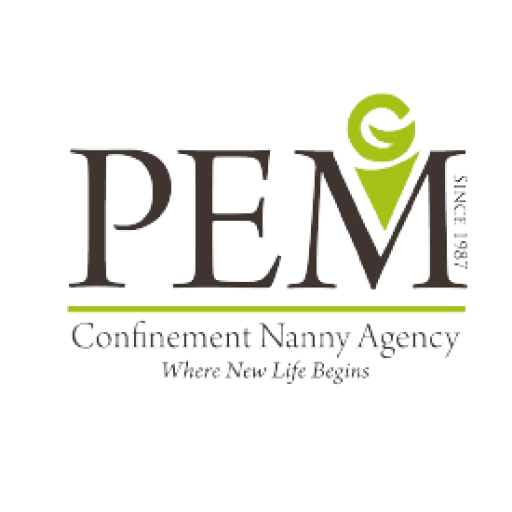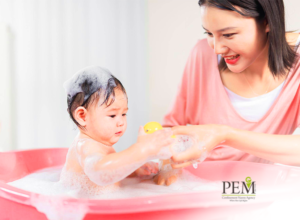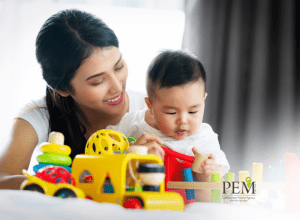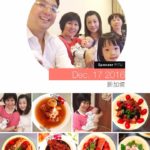[email protected] ♦ (+65) 6293 9249 ♦ Mon - Sun : 10:00AM - 7:00PM
What to Know About Chinese Confinement Practices
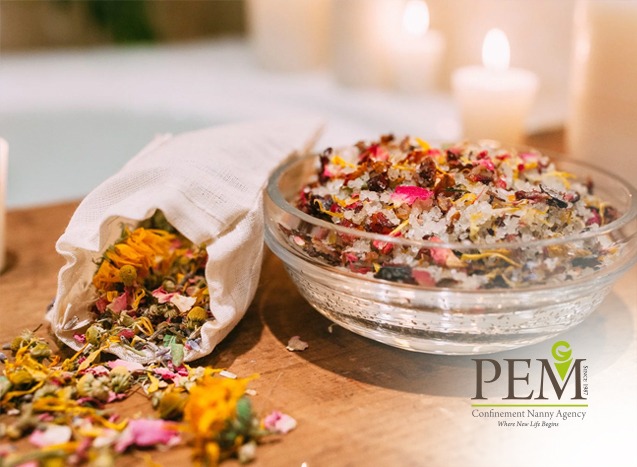
Showering, drinking cold drinks, and leaving the house all sound so normal, but as a new mother, these are some of the activities you may be advised against within the one month of confinement after your childbirth.
When you decide to follow a certain set of practices in confinement, it is always in your best interest for you to question things where you can. Not only this will add to your knowledge, but you will also learn and understand why some things are good for you while others are not.
For new moms, adhering to certain confinement practices is not uncommon. In fact, confining yourself within the limits of your home is a very common practice in Asia during confinement.
The custom has now spread across the globe, partially due to the presence of Asian migrants in other countries. For people of Chinese origin, cloistering is essential for the immune protection of the newborn. They need to get used to their parents and also build their immune system since visitors are not allowed in the house.
If you are engaging the service of a Chinese confinement nanny, there’s a possibility that you would also be advised to adhere to Chinese confinement food menu, following any practices that are considered in any tradition.
Chinese tradition says that if you do not observe confinement practices, it is almost like you are putting yourself at risks of many future health issues.
They also strongly believe that confinement is good for the health of both the baby and the mother. This tradition of complying with confinement rules is so popular in the Asian giant and other countries on the continent that there are hospitals and confinement centres where mothers are confined in for a full month.
You May Also Read this : What Is A Confinement Nanny?
Chinese Confinement Practices
Postnatal confinement or zuò yuè zi, as it is traditionally called, is the postpartum month and literally means “laying the month”. It is based on a series of beliefs and practices focused on the recovery, care, and protection of the health of the mother and baby, according to the Center for Biotechnology and Information of the United States (NCBI).
According to the centre, postpartum confinement is a common practice in both rural and urban environments, and is composed of a series of fairly strict and striking rules.
When it comes to Chinese confinement food menu planning, it is traditionally believed that new mothers should eat more after birth to help with breastfeeding and to regain strength. You may receive advice telling you to only eat food that is considered “hot” such as eggs or meat, and avoid cold ones such as fruits or vegetables.
As for hygiene, traditionally in the postnatal period, mothers should neither wash their hair nor body. The belief says that after giving birth the skin is weak and water can penetrate inside the body. This could cause swelling, arthritis and rheumatism or give the baby a cold.
In traditional Chinese medicine, care is very focused on the mother after childbirth.
According to traditional belief, washing the hair is said to cause severe headaches and weakened joints. Therefore, mothers tend to clean their body with a warm, wet towel soaked in herbal bath water during this month of confinement.
In addition, there are a number of rules on behaviour and activities that the new mother has to follow. It is said that you should stay in bed and avoid housework as well as sexual activity to focus completely on your recovery. Visits from outsiders should also be limited to the maximum.
To Follow or Not to Follow?
The key lies in knowing which one you can and cannot do and understand why things are the way they were back then, and how have they changed since then – and how this affects your quality of life.
The next most important thing you should know is to distinguish myths with facts.
Several things that you can certainly ignore includes not showering for a whole month, especially due to the humid climate of this country. Alternatively, you can take a warm herbal bath!
You can also disobey the rule of not being able to go outside, especially if you are required to go meet your doctor for an appointment within the month after delivery.
Other practices like restricting your movement and consuming certain herbs are definitely helpful in contributing to a smooth postnatal recovery journey. If you are still at a crossroads after finding things out, it is recommended to check with your medical doctor on whether you are fit to follow a certain practice or not.
Confinement practices are generally safe, but there is no harm in doing your own extensive research as well. You should always decide on the best things to prioritise your recovery and your newborn’s growth! If you are a Chinese who hold on to more traditional beliefs, you may want to hire a professional Chinese confinement nanny who can also prepare Chinese confinement foods.
Need more information on what a confinement nanny can do for you? Simply reach us at PEM Confinement Nanny Agency!
